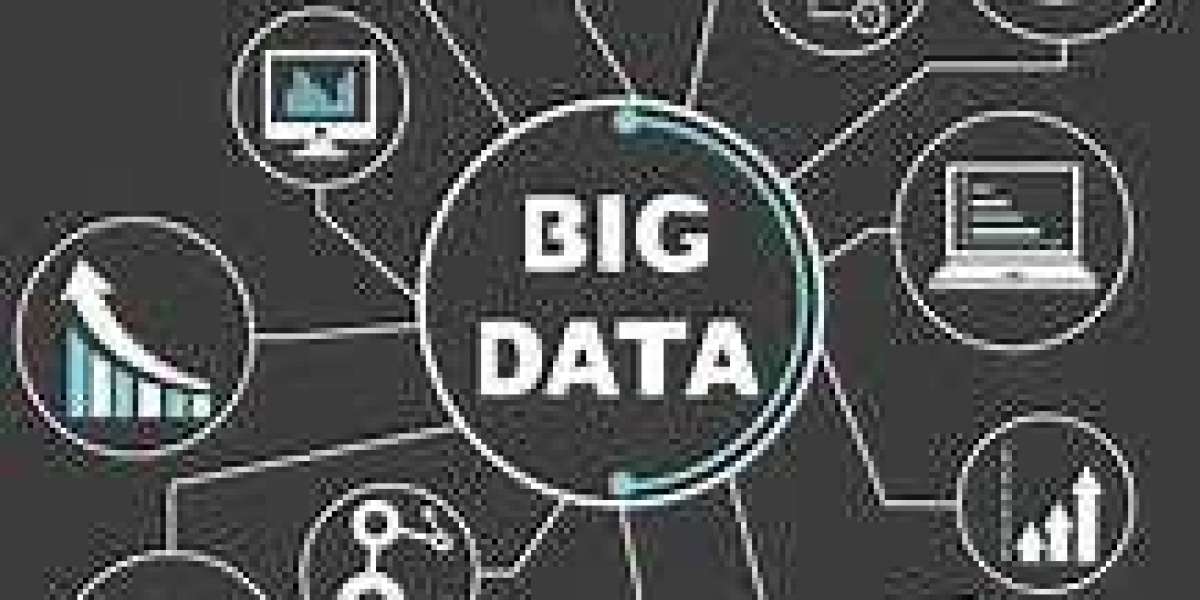There was a time when computer memories were just about storing text data and size upto about 512 Mb. ,but time changed and it chnaged the way we look at data . Due to boom in the internet technologies in the past two decades the data on the internet became so vast that it was not easy to handle and store it on single machines. Traditional data handling strategies were failing and statistical power was outforced.Then came the concept of Big Data.
Big data was originally associated with three key concepts volume,variety and velocity.Current use of big data tends to refer to the use of predictive analysis and user behaviour analysis.There is little doubt that the quantities of data now available are indeed large, but that's not the most relevant characteristic of this new data ecosystem.Analysis of data sets can find new correlations to "spot business trends, prevent diseases, combat crime and so on.
Teradata Corporation in 1984 marketed the parallel processing DBC 2012 system. Teradata systems were the first to store and analyze 1 terabyte of data in 1992. Hard disk drives were 2.5 GB in 1991 so the definition of big data continuously evolves according to Kryder's law. Teradata installed the first petabyte class RDBMS based system in 2007. As of 2017, there are a few dozen petabyte class Teradata relational databases installed, the largest of which exceeds 50 PB. Systems up until 2008 were 100% structured relational data. Since then, Teradata has added unstructured data types including XML, JSON, and Avro.
Big data has increased the demand of information management specialists so much so that Software AG, Oracle Corporation, IBM, Microsoft, SAP, EMC, HP and Dell have spent more than $15 billion on software firms specializing in data management and analytics. In 2010, this industry was worth more than $100 billion and was growing at almost 10 percent a year: about twice as fast as the software business as a whole.







